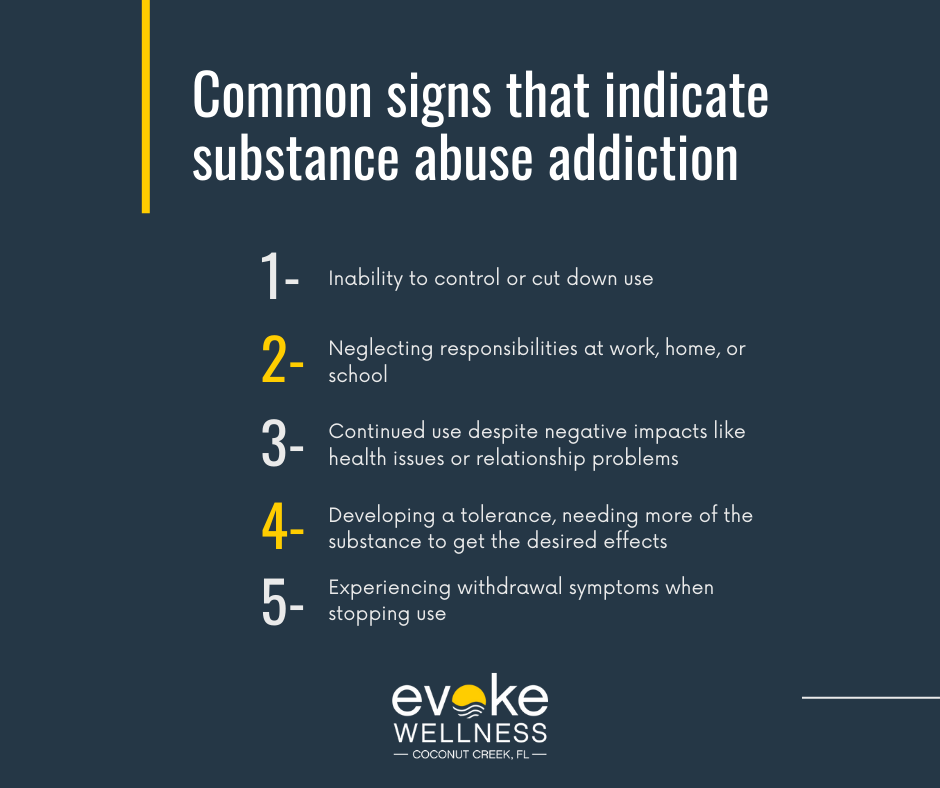You’ve struggled with meth addiction, and now you’re worried about how long it will stay in your system. As you consider getting clean, some key questions arise. How long do traces of meth linger in your body? What factors affect how quickly you detox? Understanding the science behind meth and your body’s natural detoxification process empowers you on the road to recovery. Equipped with knowledge, you can make informed choices about addiction treatment and take control of your health. This article explores how long meth stays in your system, examining:
- The science of meth metabolites
- Factors impacting detox duration
- Types of drug tests
- Addiction treatment options
If you or a loved one is struggling, help is available today. Call (833) 969-3318 to speak with our compassionate team, or reach out online and schedule an appointment to begin a healing journey.
What Does Addiction Do to the Brain?
Dopamine Disruption
Drugs like methamphetamine cause an intense surge of dopamine, hijacking the brain’s reward system. Over time, the psychological effects of drug addiction damages dopamine receptors, making it harder for the brain to feel pleasure from normal activities. The brain craves higher doses to achieve the same high, fueling addiction.
Structural Changes
Repeated drug use causes physical changes in the brain’s structure and function. Areas involved in judgment, decision-making and self-control deteriorate. The brain’s reward pathways become rewired to obsessively seek drugs instead of other activities.
Withdrawal and Cravings
Addiction leads to dependence as the brain adapts to the presence of the drug. Stopping use causes withdrawal symptoms like nausea, tremors and intense cravings due to the sudden lack of the substance the brain relies on.
What Is Substance Abuse Addiction?
Substance abuse addiction, or alcohol and drug addiction, is a chronic brain disease. It causes compulsive substance use despite harmful consequences. When you first use drugs, your brain releases dopamine giving a euphoric “high.” Over time, continued use leads to addiction. Your brain is rewired and you experience intense cravings when not using.
Signs of Addiction
Negative Impacts
Untreated addiction can severely impact all areas of your life:
- Mental health issues like anxiety, depression, paranoia
- Strained relationships and family problems
- Financial troubles from spending money to fund the addiction
- Legal problems from crimes committed to get drugs or money
- Overdose and death
Seeking professional treatment is crucial to overcome addiction. Evidence-based therapies and programs can help you achieve lasting sobriety.
What Chemical Is Produced in Addiction?
Dopamine – this neurotransmitter plays a key role in the brain’s reward system. When you engage in addictive behaviors like using meth, dopamine floods your brain’s reward circuit.
This reinforces the addictive behavior by making you crave the intense “high” and pleasurable feelings over and over again. Your brain essentially becomes rewired to compulsively seek out and prioritize the meth, despite negative consequences.
What Is the Drug Series About Meth?
Highly Addictive Stimulant
Methamphetamine (meth) is a powerfully addictive synthetic stimulant that affects the central nervous system. It comes in various forms like pills, powder or crystals. As per the National Institute on Drug Abuse, meth causes an intense rush of euphoria by increasing levels of dopamine and other neurotransmitters in the brain.
Devastating Effects
- Long-term meth use can cause numerous mental and physical health issues. These include paranoia, hallucinations, memory loss, severe dental problems (“meth mouth”), drastic weight loss and cardiovascular damage.
- Meth is neurotoxic, which means it alters the structure and functioning of the brain over time. This can lead to emotional dysregulation, impaired cognition and motor skills.
Challenging Withdrawal
Quitting meth after prolonged use leads to difficult withdrawal symptoms like depression, anxiety, intense drug cravings, psychosis and cognitive impairment. According to a study, it may take years of abstinence for the brain to recover from meth-induced changes and regain normal functioning.
Meth Addiction Statistics
According to a study by Stanford Medicine, meth addiction is on the rise in the U.S. The key statistics show:
- 6 million Americans reported using methamphetamine.
- Meth overdose deaths nearly tripled.
- Over 15,000 Americans died from meth overdoses.
These alarming numbers underscore the urgent need for comprehensive meth rehab programs. With effective addiction treatment, including individual therapy, meditation therapy, and equine therapy, many can overcome their meth dependence and reclaim their lives.
Effects of Meth Addiction
Meth addiction has devastating effects on the mind and body. Long-term abuse can lead to permanent brain damage, impairing concentration, memory, and cognitive function. The intense dopamine release rewires your brain’s reward system, fueling compulsive cravings and relapse.
Mental Health Risks
- Anxiety, mood swings, paranoia
- Psychosis resembling schizophrenia
- Violent, aggressive behavior
Physical Dangers
- Cardiovascular strain, potential heart failure
- Neurological issues like strokes and seizures
- “Meth mouth” dental decay and skin sores
- Malnutrition and extreme weight loss
Quitting meth is extremely difficult due to withdrawal symptoms like depression, fatigue, and intense drug cravings. Comprehensive treatment involving therapy, medication, and peer support is crucial for recovery.
Getting Treatment
Comprehensive Programs
Seeking professional help through a comprehensive meth rehab program is crucial for overcoming meth addiction. These programs offer a safe, structured environment combining evidence-based therapies and holistic approaches tailored to individual needs.
Therapeutic Approaches
A variety of therapeutic techniques are employed, such as cognitive behavioral therapy (CBT), dialectical behavior therapy (DBT), and motivational interviewing. Group sessions and family counseling promote support and communication.
- Medication-assisted treatment eases withdrawal symptoms
- Individual and group therapy address root causes
- Holistic therapies like meditation promote mindfulness
Continuum of Care
The comprehensive addiction treatment programs offer a full continuum of care, from medically supervised detox to inpatient and outpatient services. This seamless transition ensures ongoing support throughout recovery.
Therapies
Through a comprehensive therapeutic approach, we aim to address the root causes of addiction and equip clients with tools for lasting recovery.
Meditation Therapy Program
Find inner peace through mindfulness practices that cultivate self-awareness and resilience. Our meditation therapy program integrates breathing exercises, guided imagery, and other techniques to manage cravings and relapse triggers.
Individual Therapy Program
In personalized one-on-one sessions, our individual therapy program employs evidence-based psychotherapies like cognitive-behavioral therapy (CBT) to reshape destructive thought patterns driving addictive behaviors. We collaborate to develop tailored strategies addressing your unique needs.
With a multifaceted array of therapies, supported by a caring team of professionals, we walk beside you on the path to recovery. Take the first step today.
Meth Addiction FAQs
Do I Need Rehab for Meth Addiction?
- Meth is highly addictive, making quitting extremely difficult without professional help. Rehab provides a safe, structured environment to detox and rebuild a sober life.
What Happens in Meth Rehab?
- Inpatient rehab offers intensive therapy, counseling, and medical support. Outpatient allows continuing treatment while living at home.
- Behavioral therapies and holistic care address underlying issues driving addiction.
How Long is Meth Rehab?
- Most programs are 30-90 days, but length depends on your needs. Longer stays increase success rates.
- Continuing aftercare prevents relapse by providing ongoing support.
Conclusion
You now understand how long meth stays in your system and the process of addiction and recovery. There are many options to support you on your path to sobriety. Consider an accredited rehab program that provides evidence-based care like counseling, group therapy, medication management, and holistic therapies. Healing takes time, but you can reclaim your health and purpose in sobriety. Take the first step and reach out for help. A brighter future awaits.
Begin Your Journey With Evoke Wellness at Coconut Creek
Evoke Wellness at Coconut Creek is a full-service addiction treatment facility serving Florida residents. We base each of our programs on the individual’s severity of symptoms and use a combination of evidence-based therapies and holistic approaches to address the needs and recovery goals of the patient.
If you or a loved one is struggling, help is available today. Call (833) 969-3318 to speak with our compassionate team, or reach out online and schedule an appointment to begin a healing journey.



